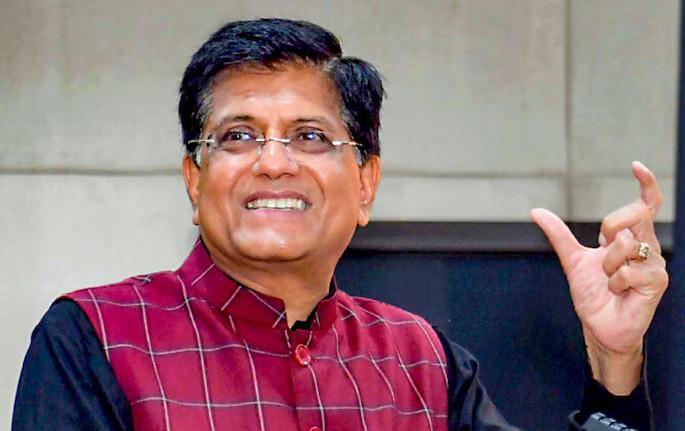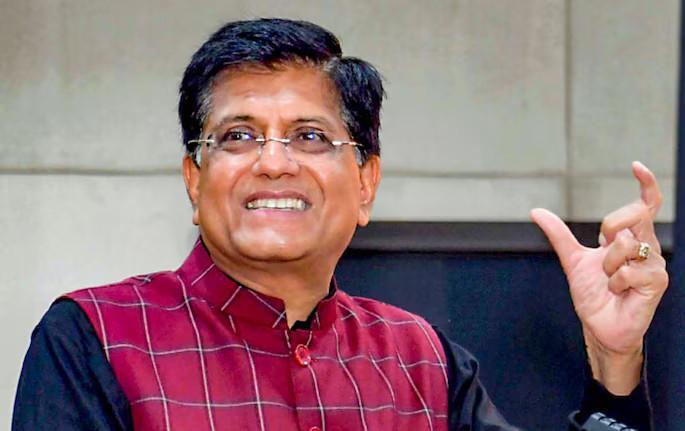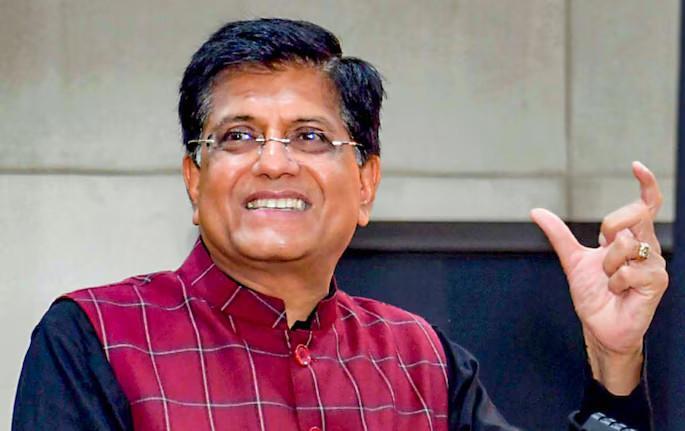
OpenAI & Elon Musk Agree to Fast-Track Trial over For-Profit Model
In a significant development, Elon Musk and OpenAI have agreed to fast-track a trial regarding OpenAI’s transition to a for-profit model, according to a court filing. This decision comes after a court earlier denied Musk’s request to pause OpenAI’s transition to the new model.
Last year, Musk sued OpenAI and its CEO Sam Altman, accusing the company of straying from its original goal of creating AI for humanity’s benefit. Musk had argued that OpenAI’s shift towards a for-profit model would compromise its commitment to advancing artificial intelligence (AI) for the greater good.
The lawsuit stems from a 2019 agreement between Musk and OpenAI, in which Musk agreed to provide funding to the non-profit research organization in exchange for a seat on its board. However, Musk became increasingly concerned that OpenAI was deviating from its original mission and decided to sue the company.
The court filing announcing the agreement to fast-track the trial states that the parties have agreed to expedite the proceedings, with a goal of completing the trial within the next six months. This is a significant development, as it means that the trial will likely take place sooner rather than later, allowing the parties to resolve their dispute more quickly.
The dispute between Musk and OpenAI has been ongoing for several months, with both sides presenting their arguments in court. Musk has argued that OpenAI’s shift towards a for-profit model would compromise its commitment to advancing AI for the greater good, while OpenAI has argued that the transition is necessary to ensure the company’s long-term viability.
The court’s denial of Musk’s request to pause OpenAI’s transition to the new model was a significant blow to his efforts to block the change. However, the agreement to fast-track the trial suggests that the parties may be willing to compromise and find a resolution to the dispute.
The implications of OpenAI’s transition to a for-profit model are significant, as the company is one of the leading AI research organizations in the world. If the company is able to successfully transition to a for-profit model, it could potentially open up new opportunities for AI research and development.
However, the shift could also raise concerns about the potential commercialization of AI technology, which could have significant implications for society. For example, the use of AI in areas such as healthcare, finance, and education could potentially exacerbate existing social and economic inequalities.
The dispute between Musk and OpenAI is just the latest example of the complex and often contentious issues surrounding AI. As AI continues to evolve and become increasingly integrated into our daily lives, it is essential that we carefully consider the potential implications of these technologies and work to ensure that they are developed and used in a responsible and ethical manner.
In conclusion, the agreement to fast-track the trial between Elon Musk and OpenAI is a significant development in the ongoing dispute over the company’s transition to a for-profit model. While the outcome of the trial is uncertain, it is clear that the implications of OpenAI’s shift are significant and will have far-reaching consequences for the future of AI research and development.
Source:






